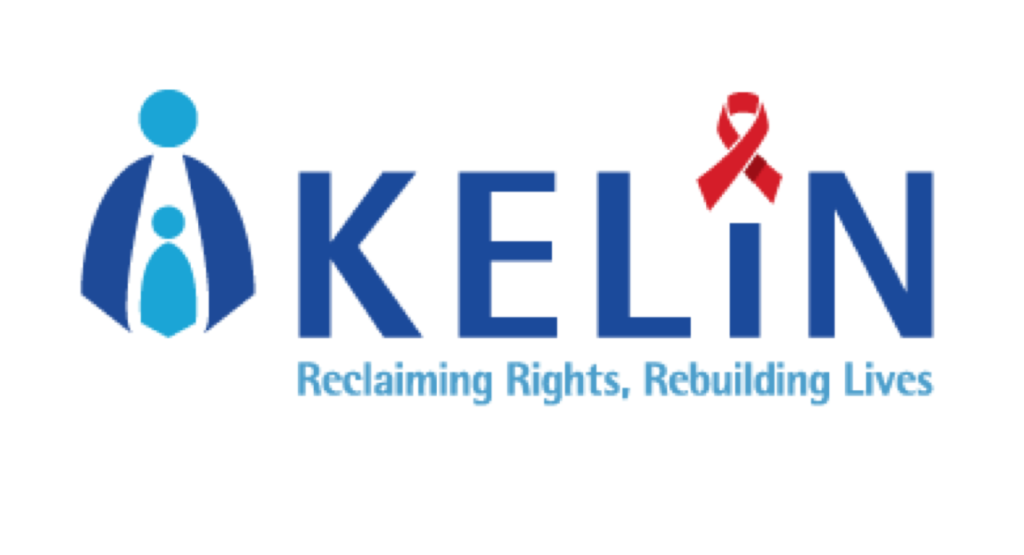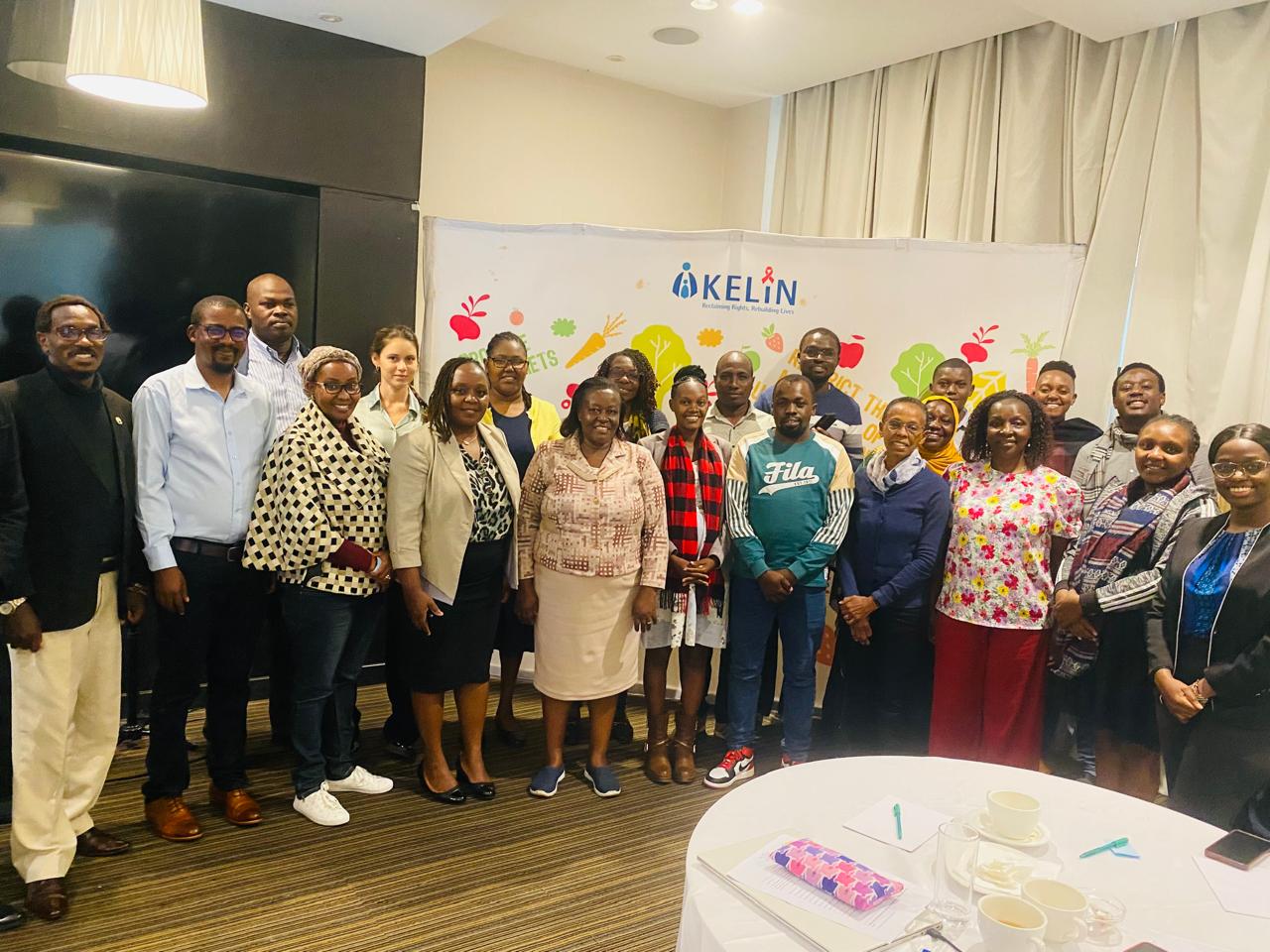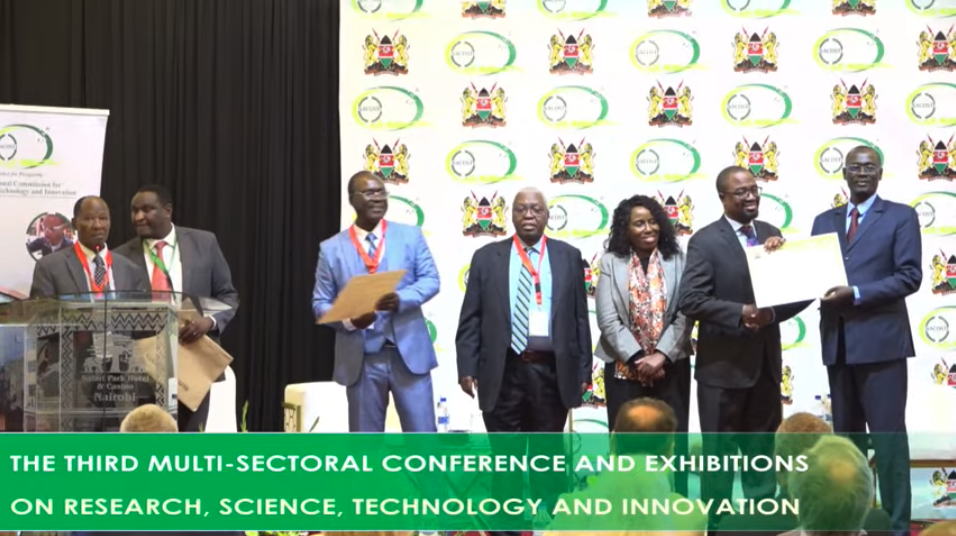Blog article by Duke Otieno
In 2023, the Kenya Legal and Ethical Issues Network on HIV and AIDS (KELIN) undertook a study that examined the intellectual property landscape surrounding pharmaceuticals and focusing particularly on the practice of patent extension, commonly known as “evergreening”.
The study highlighted how pharmaceutical companies employ evergreening strategies to prolong patent protection by making incremental changes to existing drugs, thereby delaying the entry of generic versions into the market. This practice not only hampers innovation but also impedes access to essential medications, particularly antiretrovirals (ARVs), crucial for HIV treatment. By documenting cases of patent extension among ARVs listed in Kenya’s Essential Medicine List (EML), the study shed light on the negative impact of evergreening on access, affordability and quality of HIV treatment in the country, especially for vulnerable populations. It highlights how patents were initially intended to promote research and development (R&D) into new treatments and cures for diseases by granting exclusive rights to innovators. However, the narrative quickly shifts to the unintended consequences of IP regulations, particularly under the Trade-Related Aspects of Intellectual Property Rights (TRIPS) agreement. TRIPS, while aimed at standardizing IP laws globally, has been criticized for limiting the ability of developing countries to prioritize public health over commercial interests, leading to disparities in access to essential medicines like HIV treatments.
The study digs into the challenges posed by evergreening, a practice where pharmaceutical companies extend the patent life of their drugs by making minor modifications, thus hindering generic competition. This strategy allows companies to maintain market exclusivity and continue generating revenue beyond the typical 20-year patent duration guaranteed by TRIPS. Despite the flexibilities within TRIPS intended to balance public health needs with innovation incentives, evergreening practices persist, delaying the availability of affordable generic alternatives.
Key findings from the study revealed a significant prevalence of patent extension practices within the African Regional Intellectual Property Organization (ARIPO) member states, including Kenya. The study identified thousands of patents, many of which were extended for minor modifications or formulations of existing drugs. Furthermore, gaps in Kenya’s Industrial Property laws were noted, allowing pharmaceutical companies to exploit loopholes for extending market exclusivity, underscoring the need for policy reforms to address evergreening explicitly.
The study examines the complex interplay between drug access and evergreening, particularly focusing on the impact of evergreening on HIV treatment in Kenya. The study explains the strategies employed in evergreening, such as reformulation, combination drugs, paediatric exclusivity and new chemical formulations to extend patent protection and maintain market exclusivity, ultimately hindering generic competition and access to affordable medications.
A case study on bedaquiline, a tuberculosis drug, illustrates the consequences of evergreening on access to essential medicines. Despite its effectiveness, the exorbitant price of bedaquiline posed a significant barrier to access until negotiations led to a price reduction. However, the study underscores how evergreening attempts to extend patent exclusivity beyond the original expiration date, thereby perpetuating high prices and limiting access, particularly in lower- and middle-income countries like Kenya.
The study also examines the implications of evergreening on access to affordable HIV treatment, emphasizing the role of intellectual property laws in perpetuating inequalities in healthcare access. Furthermore, it discusses the situation in Africa, highlighting the efforts of organizations like ARIPO to balance IP rights and public health interests and improve access to essential medications. The also study provides insights into Kenya’s healthcare system and procurement landscape, shedding light on the challenges and complexities in ensuring access to medicines amid evergreening practices and intellectual property regulations.
Implications of Evergreening:
- May hinder innovation in HIV treatment.
- Limited innovation due to the focus on exclusivity over Research & Development.
- Limited treatment options can impede HIV management.
- Delayed introduction of generic versions due to new patents can restrict access to newer, more effective drugs.
- Evergreening increases financial and socio-economic burdens on the government and patients.
- Access to viral load tests and long-acting technologies is limited, leading to human rights violations and treatment failures.
- Higher costs of patented drugs hinder efforts to extend treatment coverage.
The recommendations and conclusions
- The need for a policy overhaul and alignment of state mechanisms to ensure coherence with Kenya’s long-term industrialization and development agenda.
- Importance of coordination among government bodies involved in trade negotiations and policymaking, particularly regarding pharmaceutical products. It identifies disharmony in engagement between key decision-making structures such as the Ministry of Health, Ministry of Foreign Affairs, National Treasury, and Ministry of Finance and Planning.
- Introduction of accountability mechanisms and clear guidelines to prevent evergreening practices and ensure fair competition in the pharmaceutical industry.
- Balancing public health interests with intellectual property protection to promote equitable access to essential medications while encouraging genuine pharmaceutical innovation.
- Reviewing Kenya’s IP laws to explicitly address evergreening.
- Incorporating essential flexibilities provided by the TRIPS Agreement into the Industrial Property Bill
- Fostering alliances between relevant government ministries and stakeholders to advocate for equitable access to medicines.
- Call for greater transparency and stakeholder involvement in the negotiation of Free Trade Agreements to safeguard Kenya’s interests and promote regional cooperation in ensuring access to essential pharmaceutical commodities across East African Community (EAC) member states.
Read full study report here: The-Impact-of-Evergreening-in-the-access-of-HIV-treatment-in-Kenya.pdf (kelinkenya.org)



